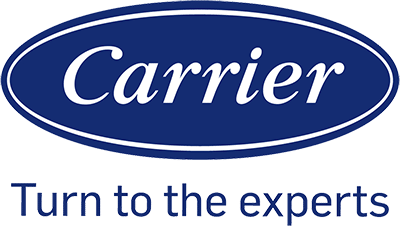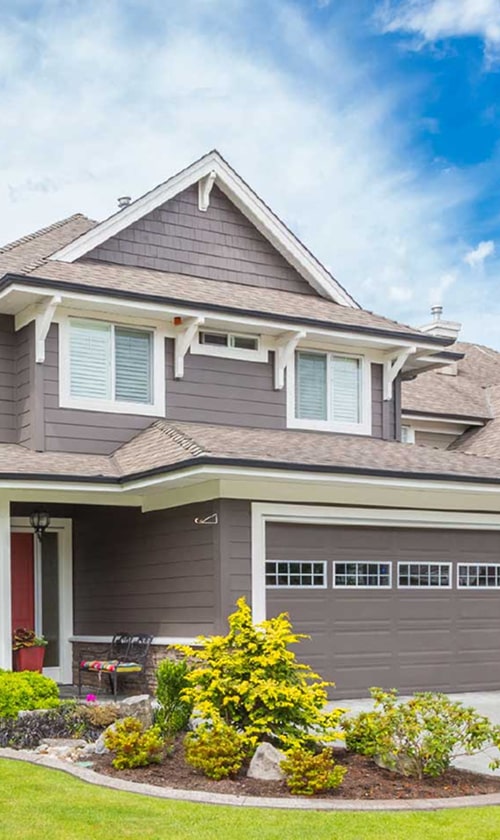Understanding Air Conditioning Filter Functions

Air filters are essential components in HVAC systems, playing a crucial role in both air quality and system efficiency. We’ll explore their functions and significance in AC system performance and maintenance.
Airflow Management: Filters maintain steady airflow by trapping dust, pollen, pet dander, and other particulates. This prevents blockage and ensures that the AC unit operates smoothly.
Air Quality Improvement: We rely on filters to remove allergens and other pollutants from indoor air. For individuals with respiratory issues, this aspect is particularly crucial to provide clean air and a comfortable living environment.
System Protection: By capturing potentially harmful particles, filters safeguard the internal mechanisms of the HVAC system. This reduces wear and aids in achieving optimal performance.
Regular Maintenance: Filters require routine replacement to function effectively. Neglecting AC filter replacement can lead to reduced efficiency, higher energy costs, and potential system damage.
Below is a brief overview of the replacement process and impact:
| Action | Result |
|---|---|
| Filter Replacement | Ensures clean airflow, extends HVAC lifespan |
| Neglect | Leads to poor air quality, system strain |
In summary, filters are integral to the health and efficiency of our air conditioning systems. We understand that to maintain regular maintenance, one must keep up with filter replacements as part of conscientious AC system care.
Benefits of Regular Air Filter Replacement

Regular filter replacement is crucial for maintaining the efficiency and air quality of our HVAC systems. We understand that keeping these systems in top condition is not only a matter of comfort but also of health and economic well-being.
Maintaining System Efficiency and Airflow
When we replace our AC filters regularly, we ensure that our HVAC system operates at peak efficiency. A clogged filter can restrict airflow, causing the system to work harder, which can lead to decreased efficiency. By keeping filters clean, we maintain optimal airflow and system performance.
Enhancing Indoor Air Quality and Health
One of the most significant benefits of regular air filter replacement is the improvement it brings to indoor air quality. Clean filters are much more effective at trapping dust, pollen, and other contaminants that can exacerbate allergies and respiratory conditions. Therefore, by regularly changing our filters, we contribute to a healthier indoor environment.
Extending HVAC System Lifespan
HVAC systems are a substantial investment, and we can maximize their longevity through proper maintenance including regular filter changes. A clean filter helps prevent dust and debris from entering the system, reducing the need for costly repairs and extending the overall lifespan of the system.
Reducing Energy Bills and Repairs
Finally, regular filter replacement is a simple but powerful way to control energy consumption and reduce energy bills. Clogged filters lead to increased energy use, as the system strains to circulate air. By preventing these issues, we avoid unnecessary energy costs and the potential for expensive repairs stemming from an overworked HVAC system.
Practical Guide to Replacing Your AC Filters

Regular filter replacement is essential for maintaining the efficiency and longevity of your AC system. We’ll guide you through identifying when to change your filters, selecting the appropriate one, and the steps to replace them effectively.
Identifying When to Replace Filters
As a rule of thumb, we suggest inspecting your AC filters every 30 days and replacing them at least every 90 days. The need to replace them can vary based on factors such as:
- Allergies or asthma in family members
- Pet dander, if you have pets
- High levels of dust or pollen
Look for visual signs of dirt buildup, which can impede airflow and reduce efficiency.
Choosing the Right Filter for Your AC
When selecting a filter, consider the following characteristics:
- Filter size: Ensure it matches your AC unit‘s requirements. Common sizes are often listed on the previous filter or the unit itself.
- MERV rating: Minimum Efficiency Reporting Value indicates a filter’s ability to trap particles. Choose a rating that balances airflow with filtration needs.
- Filter type:
- Fiberglass filters: Economical but less effective
- Pleated filters: Better at trapping particles
- HEPA filters: High efficiency, capturing very fine particles
Steps for Proper Filter Replacement
Follow these straightforward steps for filter replacement:
- Turn off the AC unit to ensure safety.
- Locate and open the filter compartment.
- Remove the old filter; note the airflow direction and filter size.
- If applicable, clean filters that are reusable.
- Insert the new filter, aligning it according to the airflow direction.
- Secure the compartment and turn the AC unit back on.
Remember to document the date of the filter replacement for future reference. By keeping up with this maintenance task, we ensure our system runs efficiently and our air stays clean.
Common Misconceptions About Filter Replacement

When we talk about replacing filters in air conditioning systems, there are several common misconceptions that may affect how often and why we perform this maintenance task.
Misconception #1: Filters Need Replacement Only When They Look Dirty
Just because a filter doesn’t appear clogged doesn’t mean it’s functioning at peak efficiency. Over time, filters gather small particles that might not be visible to the naked eye but still impede airflow and the system’s overall function.
Misconception #2: All Filters Are the Same
Different filters serve various purposes. For instance, HEPA filters capture finer particles compared to standard fiberglass filters. Meanwhile, electrostatic filters use static electricity to attract dust. Each type has its own replacement schedule and specific benefits when it comes to improving indoor air quality.
- HEPA Filters: Replace every 12-18 months;
- Fiberglass Filters: Replace every 1-3 months;
- Electrostatic Filters: Rinse or replace according to manufacturer’s guidelines.
Misconception #3: Regular Replacement Isn’t Crucial for Ventilation
A common oversight is underestimating the role of clean filters in maintaining proper ventilation. A dirty filter restricts airflow, which can strain our air conditioning system and result in poor air circulation and quality.
| Filter Type | Effect On System When Dirty | Replacement Frequency |
|---|---|---|
| HEPA | Reduced efficiency, poor air quality | 12-18 months |
| Fiberglass | Increased strain on system | 1-3 months |
| Electrostatic | Compromised air quality | As per guidelines |
By understanding and addressing these misconceptions, we ensure our air conditioning systems operate effectively and protect our indoor air quality.
Air Filter Replacement and Environmental Considerations
Regular replacement of air conditioning filters is crucial for maintaining clean air and ensuring a healthy indoor environment. Accumulation of debris such as pollen, pet dander, and dirt reduces air quality by allowing these airborne particles to circulate. Not only does this intensify allergies but it also burdens those with respiratory issues.
- Contaminants: Over time, air filters trap various contaminants including mold spores and pollutants. A clogged filter cannot efficiently trap these particles, leading to poorer indoor air quality.
- High-Efficiency Filters: We recommend using high-efficiency filters that capture more particles without sacrificing cooling efficiency or inflating the budget.
- Energy Savings: Clean filters better facilitate airflow, thus reducing the workload on the HVAC system and leading to significant energy savings.
- Filter Changes: The frequency of filter changes will depend on environmental conditions and usage. A typical residential system requires a filter change every 1-3 months, while a system in harsher environments may need more frequent replacements.
By periodically checking and replacing filters, we can guarantee that air conditioning systems work optimally without circulating harmful particles. This practice not only contributes to a cleaner home but also aligns with broader environmental goals by increasing the system’s efficiency and reducing energy consumption.




